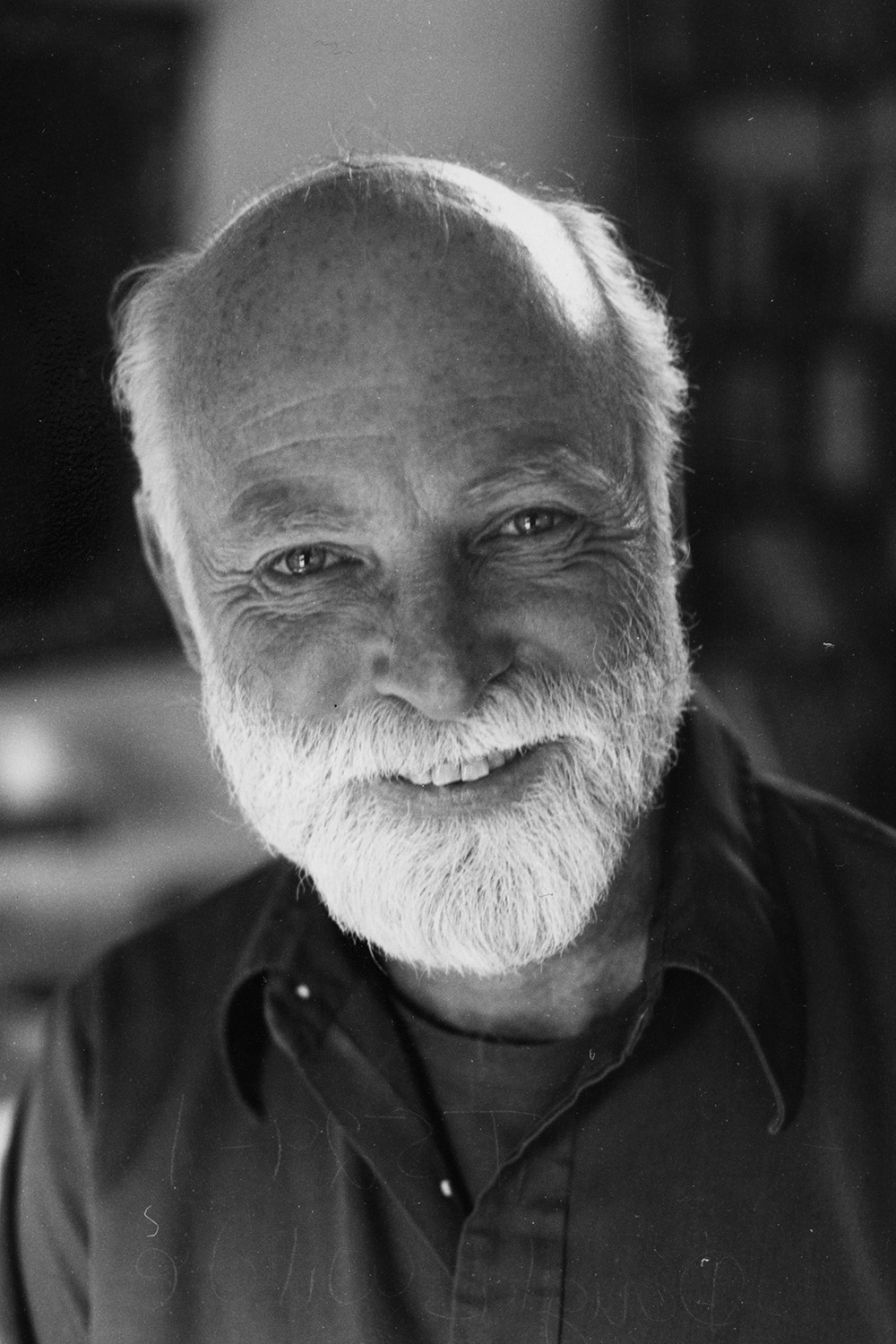Douglass Wilde, expert in engineering optimization and design, has died
Wilde, a professor emeritus of chemical engineering and of mechanical engineering, was also a beloved teacher who worked to draw more minority students to the field.
Douglass J. Wilde, professor emeritus of mechanical engineering and an expert in industrial optimization and, later, in the psychological underpinnings of exceptional teams, died Oct. 28 at his Stanford home. He was 92.
Wilde became a full professor of chemical engineering at Stanford University in 1967, but would transition to mechanical engineering in 1973, where his optimization skills found outlet in the design group. In 1978, Wilde became associate dean for affirmative action in the School of Engineering. In that role, Wilde led Mathematics Engineering Science Achievement (MESA), a joint effort between Stanford and the University of California, Berkeley, to attract more minority students and tap into their “unrealized potential” in engineering through tutoring and mentoring.
Wilde published widely, including at least 100 peer-reviewed articles in technical journals and, notably, several textbooks, some of which are still in print. His most recent books, published in 2008 and 2011, respectively, involved applied psychology, a field he adopted after retirement.
Wilde was a beloved teacher who also taught popular courses as a live-in dorm resident. His archive includes many typewritten class reviews and notes of appreciation from students.
“Doug Wilde was one of my first mentors when I joined the mechanical engineering faculty back in 1986. We collaborated on supervising a few PhD students on topological optimization, which was a great way to learn to be a good advisor,” said Sheri Sheppard, the Richard W. Weiland Professor in the School of Engineering. “At the same time, he encouraged me to find my own path, which ultimately led me to do engineering education research.”
Wilde was a man of wide-ranging interests and experiences. He was a graduate of the Carnegie Institute of Technology (later Carnegie Mellon University), a school known equally for programs in engineering and, perhaps incongruously, theater. Wilde took advantage of both, earning his BS in chemical engineering in 1948 while participating in school productions that bred in him a lifelong love of live performance that he nurtured during his tenure at Stanford and in local community productions after he retired in 1991.
After Carnegie, he worked in industry at Pittsburgh Coke and Chemical, which was followed by a stint in the Navy. Wilde then entered the University of Washington in Seattle for his master’s degree, working summers at the Union Oil Company in Rodeo, California. He earned his master’s degree from the University of Washington in 1956 and moved to the Bay Area for full-time work with Union Oil. He earned his doctorate from UC Berkeley in 1960. Both graduate degrees were in chemical engineering.
Upon earning his PhD, Wilde secured a Fulbright Professorship to teach chemical engineering at the École National Supérieure des Industries Chimiques in Nancy, France, where he quickly learned the language and was proud to deliver his lectures in French. Returning to the States, Wilde taught at the University of Texas, Austin, and at Yale University before settling, in 1963, at Stanford, where he would teach and lead for the next 26 years.
Wilde won several awards over his life, in particular the Lanchester Prize, the preeminent recognition in operations research, and the Student Design Gold Medal from the Lincoln Foundation, of which he was particularly proud because it recognized the achievement of his students.
Toward the end of his career, Wilde developed a series of “Creativity Workshops” with fellow professors Bernie Roth and Rolf Faste that inculcated Stanford faculty on approaches to education, which Sheppard credits with positively affecting her teaching philosophy. “From Doug I learned about that important first meeting with your students, and how you set the tone for the whole relationship,” she recalled.
With his stark white beard, occasional ascots and bowties and frequent fedora, Wilde cut a bit of a gallant figure who was also known for a strong personal sense of justice and fairness. When he was diagnosed with diabetes later in his life, Wilde chose to keep his blood sugar in check not with insulin, but through long, vigorous hikes and twice-weekly bike rides up into the mountains above the Stanford campus. A short film, “Professor Poubelle” – French for “Professor Trashcan” – recounts Wilde’s notoriety as the bicycling man of mystery often seen cleaning up litter along Route 84.
“Learning, teaching, acting, hiking, bicycling, writing. Whatever Doug did, he did intensely,” remembered Roth, the Rodney H. Adams Professor in the School of Engineering, a fellow professor of design and longtime close friend. “He was a remarkable man – an original. I will miss him.”
Wilde was born Aug. 1, 1929, in Chicago but grew up in the hardscrabble area of Pittsburgh known as Neville Island. He attended public schools in Pittsburgh. He married his wife, Jane Ann (Paul) Wilde, in 1956. She died in 2015. Wilde is survived by a son, Nicholas (Chris) Wilde, of Stanford; a daughter-in-law, Sydney Stephan, of Stanford; a granddaughter, Ariana Wilde, of Denver; and a brother, Pat Wilde, of Berkeley.
A memorial service is planned for Friday, Feb. 4, 2022, at 4 p.m. in the Peterson Laboratory, Building 550, on campus. In lieu of flowers, the family requests memorial donations in the name of Douglass J. Wilde be made to the Alzheimer’s Association.
